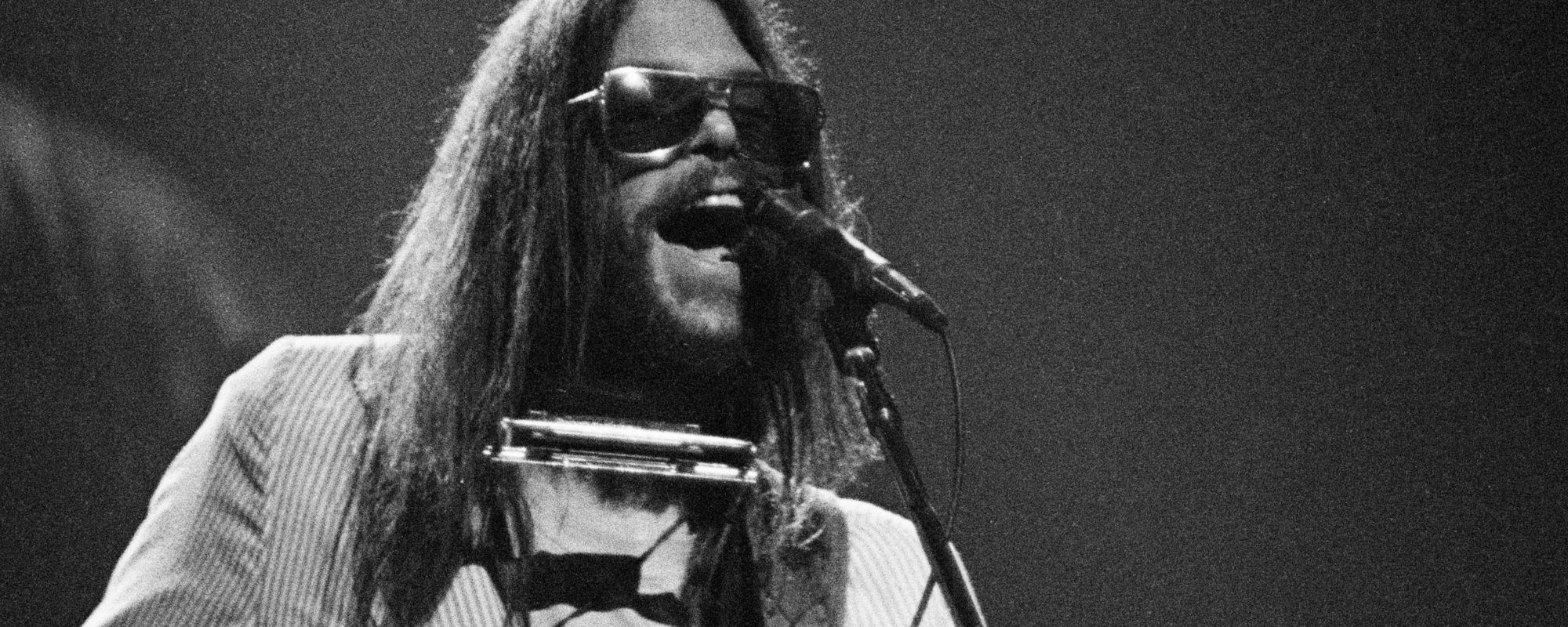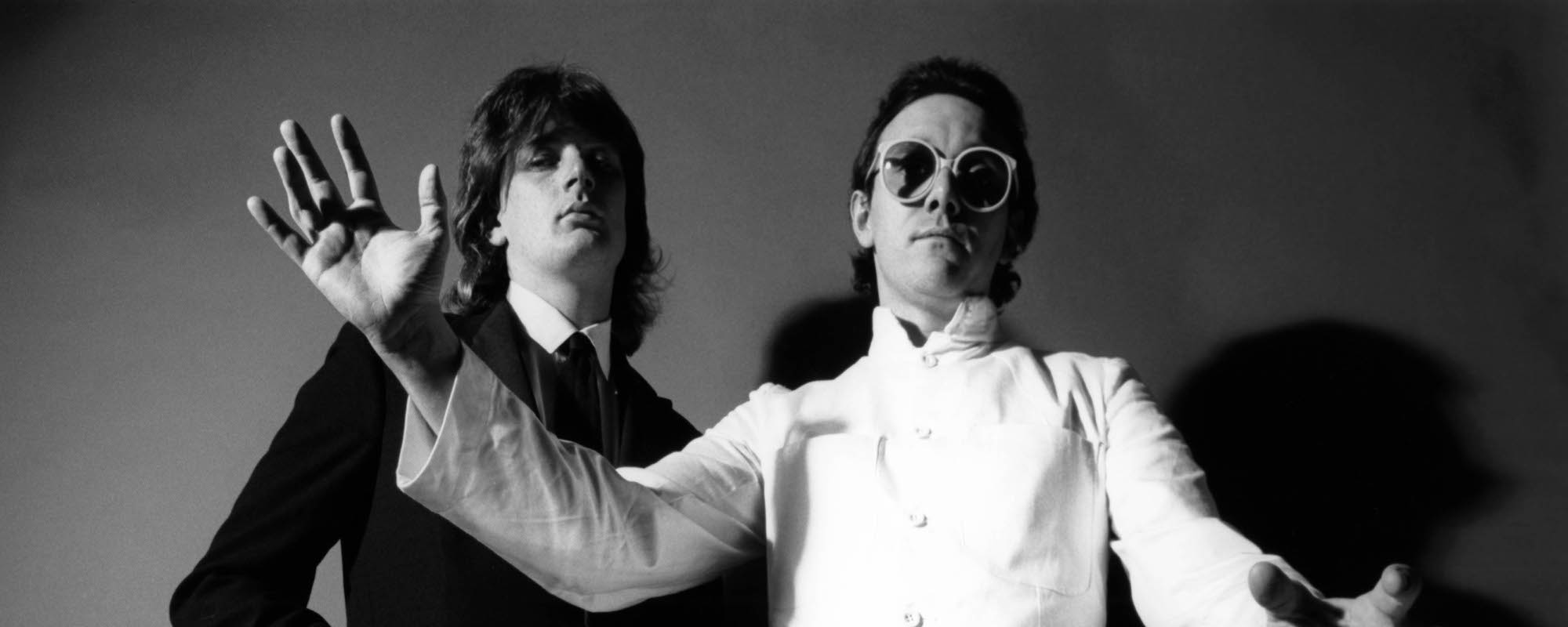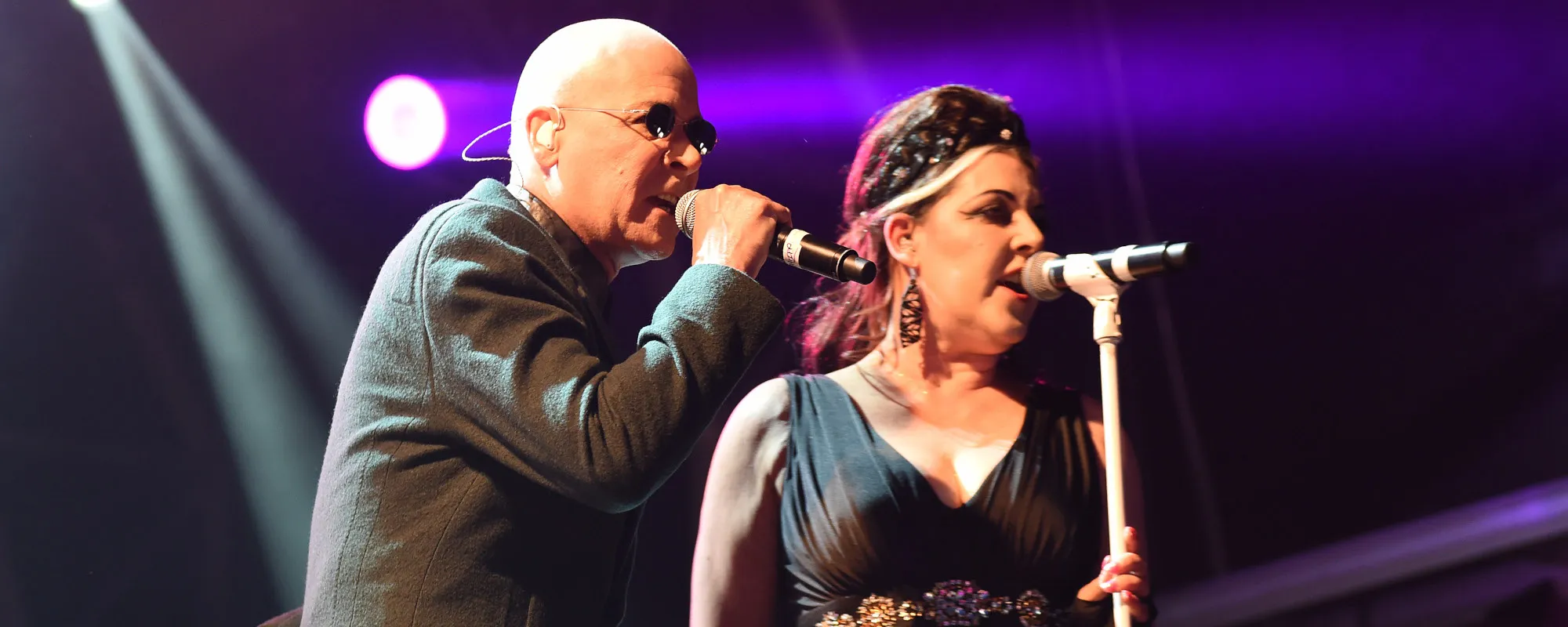Knowing when to pivot away from something that’s been successful in the past to a new sound can be a tricky part of an act’s career. In the case of The Bee Gees, they watched their popularity dip from their early days. But they still briefly clung to what they knew.
Videos by American Songwriter
When they did make the jump to something different, they brought along with them the strengths they had already established. It all came together on their 1975 album Main Course, which returned them to prominence in a hurry.
A Sudden Slump
In July 1972, The Bee Gees released the single “Run To Me”. The song hit the Top 20 in the US, the Top 10 in the UK, and the Top 5 in their native Australia. It seemed at the time that it was just another in a long stretch of hits for them that had begun in 1966 and had only been interrupted by their brief breakup.
As it turned out, “Run To Me” proved to be the last hit of significance for the band in three years. During that time, they watched as their signature band of florid pop ballads fell out of favor in the music marketplace. Something needed to be done to right the ship.
The Gibb brothers began that process on their 1974 album Mr. Natural. On that record, they worked with the producer Arif Mardin. Mardin helped them incorporate some Philly Soul touches to their sound. But the album still sank without a trace. Manager Robert Stigwood wanted them to add some more musically aggressive songs to their repertoire.
‘Course’ Correction
They decided to record their next album in Miami on the suggestion of Eric Clapton, who had enjoyed the experience on his LP 461 Ocean Boulevard. The Bee Gees fell back into old habits, starting the recording process with a few ballads. Stigwood insisted they go back to the drawing board and begin again.
To their credit, they heeded the advice. They were helped in that cause by the addition of keyboardist Blue Weaver to their band. Weaver’s synth bass work embellished singles “Jive Talkin’” and “Nights On Broadway” with funk touches. Barry Gibb added some falsetto to the latter song in another crucial change of tactics. The finished album, Main Course, proved to be the band’s biggest seller to date, with three smash singles on board.
Revisiting the Music of ‘Main Course’
When you listen to Main Course, you can hear the internal struggle that The Bee Gees were undergoing. They only really commit fully to the funk-soul sounds on the three singles. But their songwriting and vocal harmonies make the transition to the new styles intact.
“Jive Talkin’” anticipates the disco that the band would soon take on as their main genre in the years to come. “Nights On Broadway” is a swirling maelstrom of a song, beautifully constructed and featuring the brothers’ vocal blend at its most engaging. And “Fanny (Be Tender With My Love)” finds them luxuriating in a Quiet Storm sweet spot.
The rest of the album mostly features stuff that they’ve done before, and done quite well. “Songbird” and “Baby As You Turn Away” are prime balladry. “All This Making Love” is an underrated Beatlesque gem. And “Country Lanes” lets Robin indulge in a little baroque pop a la the group’s earliest days.
We don’t tend to think of The Bee Gees as album artists, but Main Course is a standout start to finish. It deserves its flowers based on that alone. But it also proved crucial to the brothers’ career trajectory. After all, it set the table for the massive second act in this band’s careers, as the lapels widened, the strobes flashed, and the falsetto went into overdrive.
Photo by Michael Ochs Archives/Getty Images












Leave a Reply
Only members can comment. Become a member. Already a member? Log in.